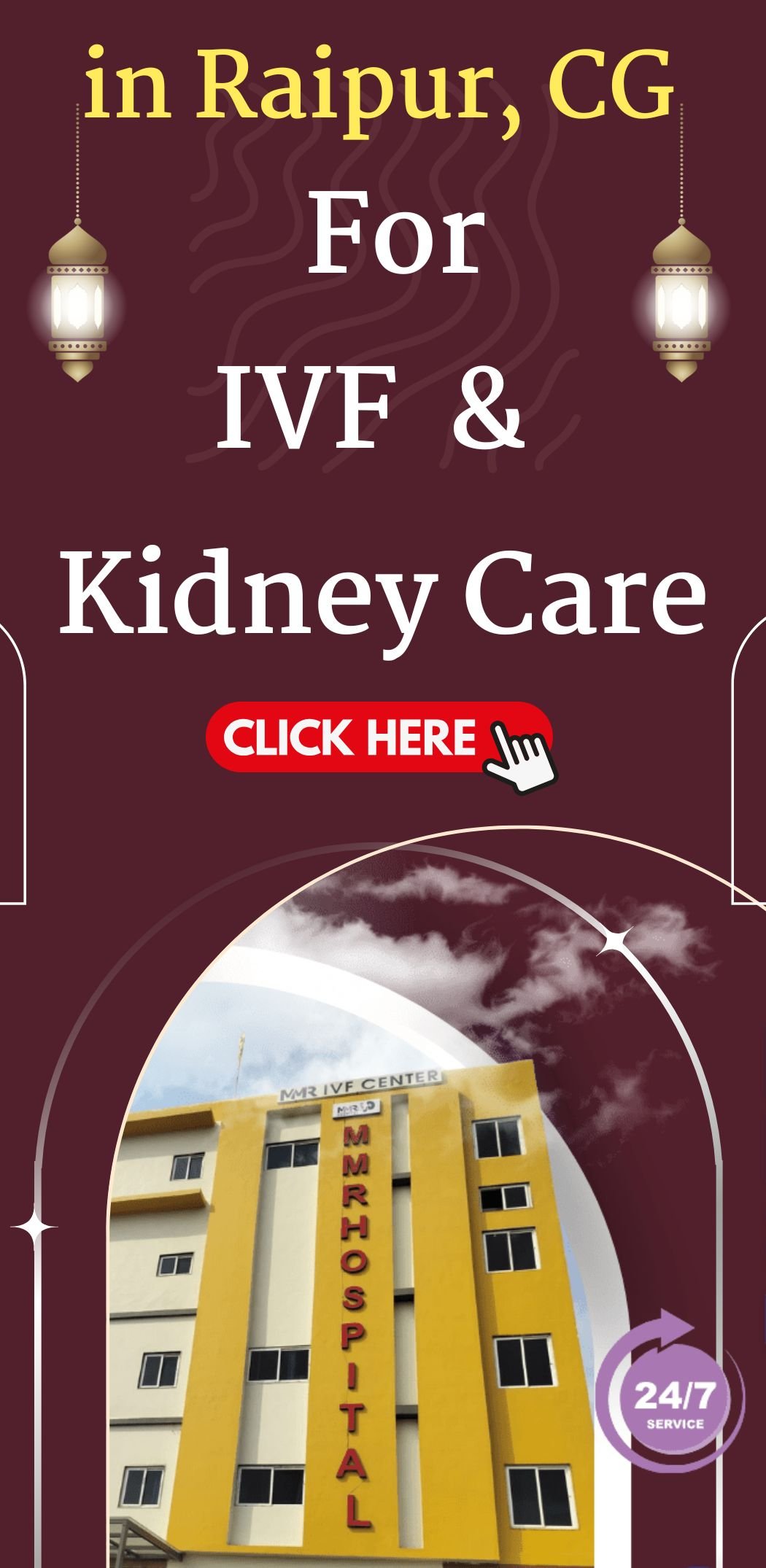The challenge of work-life balance stems from the inherent tension between the competing demands of career advancement and family well-being. Work often requires long hours, tight deadlines, and constant availability, while family obligations demand attention, care, and emotional support. This tug-of-war can lead to stress, burnout, and a diminished quality of life.
Several factors contribute to the difficulty of maintaining work-life balance:

While work-life balance may seem elusive, several strategies can help individuals achieve a more harmonious existence:
1. Effective Time Management:
2. Setting Boundaries:
3. Effective Communication:
4. Flexible Work Arrangements:
5. Self-Care:
6. Seeking Support:

Employers play a crucial role in promoting work-life balance. By implementing supportive policies and practices, organizations can create a positive work environment that fosters employee well-being. Some effective strategies include:
The Evolving Landscape of Work-Life Balance
The concept of work-life balance is constantly evolving. As technology continues to reshape the workplace and societal expectations shift, individuals must adapt their strategies to maintain a healthy equilibrium.
Emerging trends and considerations include:



